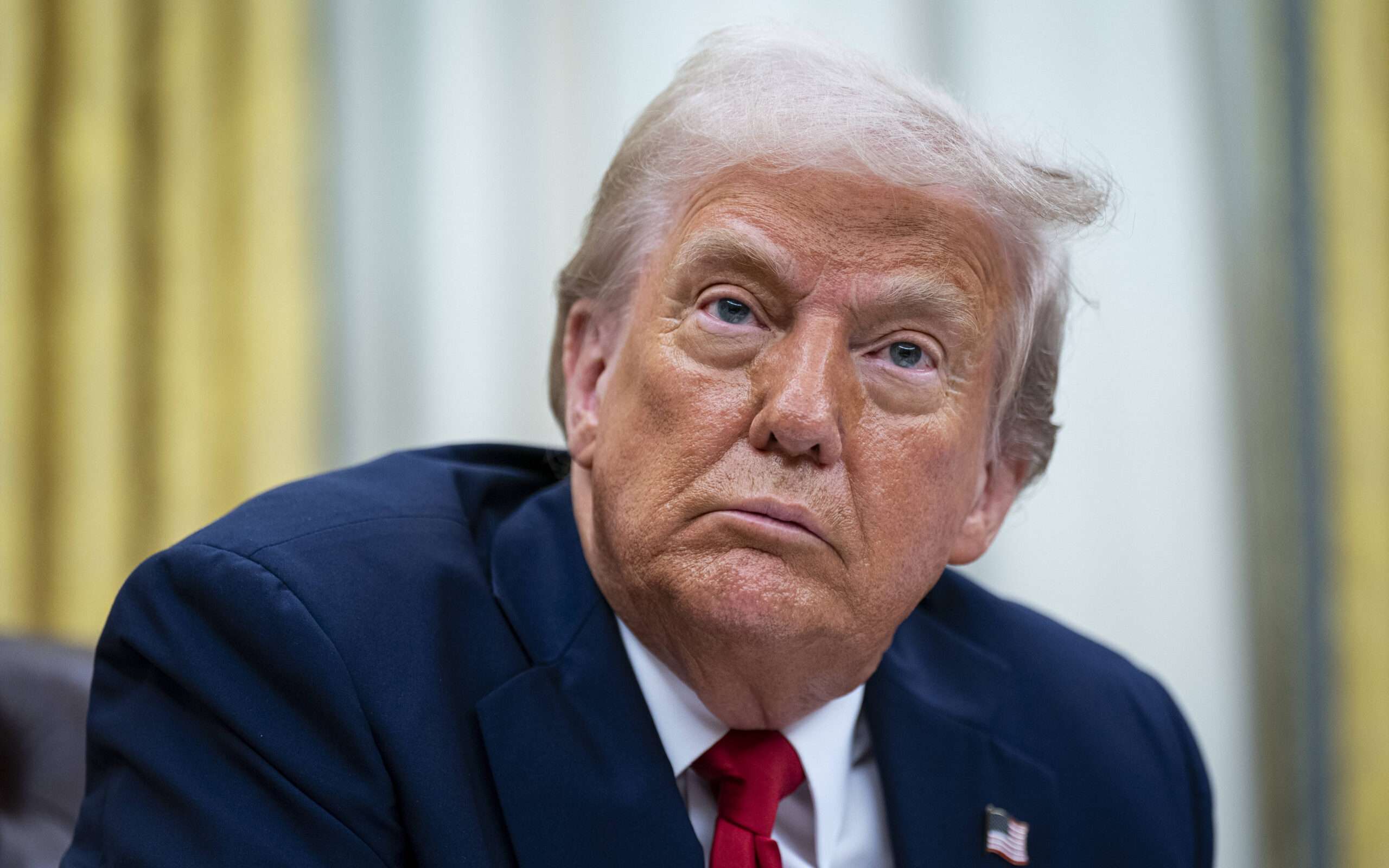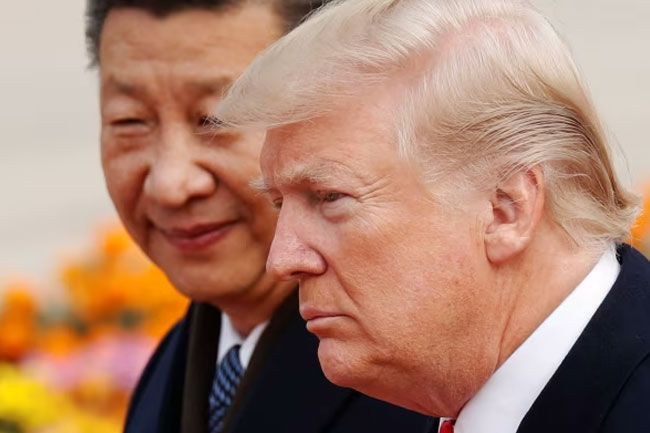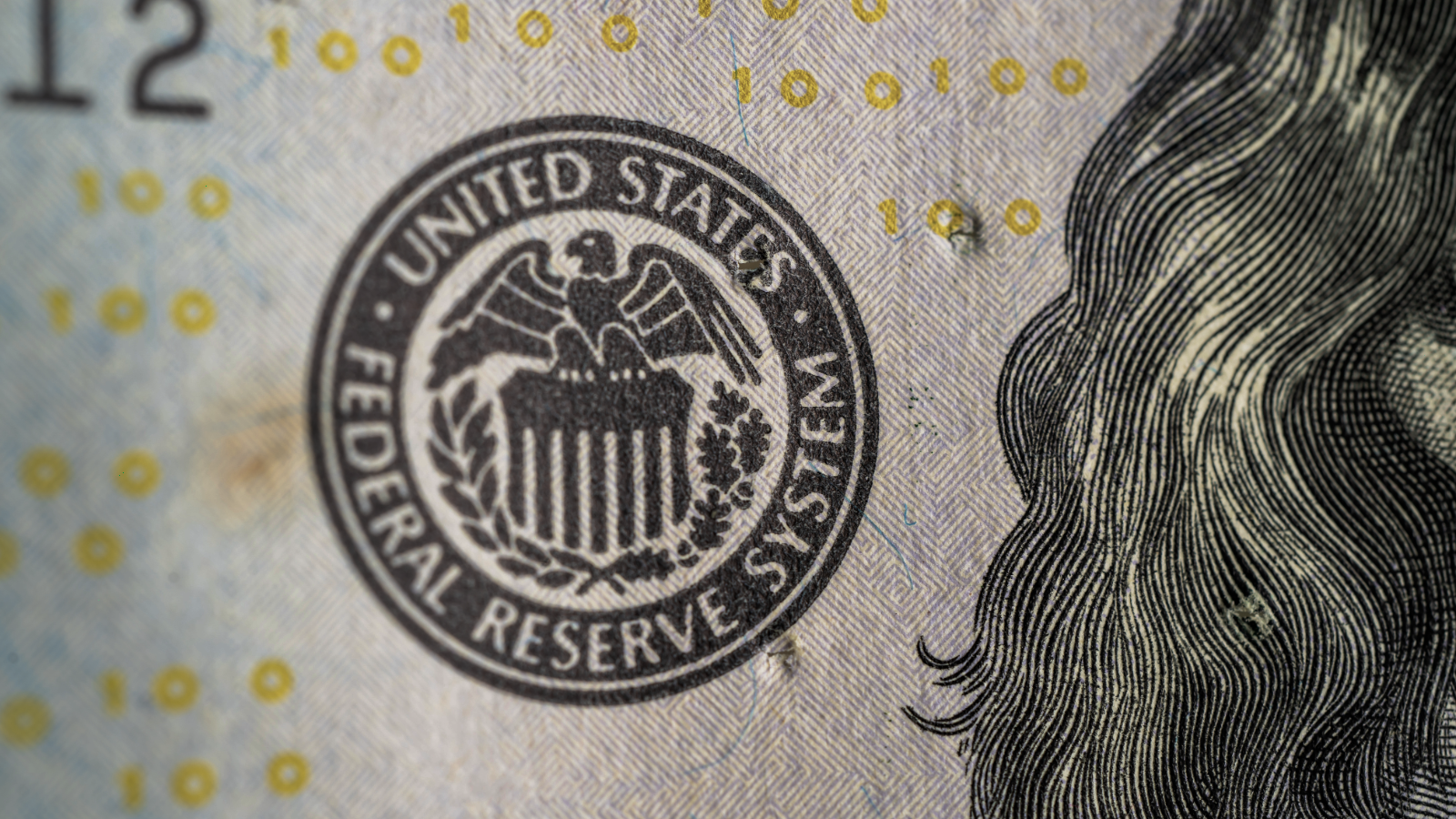Harvard Faces Federal Funding Freeze Amid Trump Feud
Explore the escalating conflict between Harvard University and the Trump administration, touching on issues of academic freedom and federal funding, with millions at stake.
Published April 18, 2025 - 00:04am

Image recovered from vanityfair.com
The ongoing dispute between Harvard University and the Trump administration has reached new heights, with potential nationwide ramifications for academic freedom. Former President Barack Obama has thrown his support behind Harvard, commending the university's resolute stance against what he deems an unlawful encroachment on academic autonomy.
This controversy stems from the Trump administration's directive to combat alleged antisemitism at universities, a move critics argue is a pretext for dismantling diversity initiatives and exerting political pressure on educational institutions traditionally viewed as liberal strongholds. Harvard, in rejecting these demands, stands at the forefront of academia's resistance, risking substantial financial repercussions.
Harvard's defiance has prompted the Trump administration to threaten severe penalties, including the freezing of over $2 billion in federal funds essential for groundbreaking research and innovation. Such actions underscore a strategic push not just against Harvard, but against academia at large, as the administration signals its intent to penalize institutions that refuse compliance. The implications extend beyond Harvard, with Columbia University and others caught in the crosshairs of federal scrutiny and financial penalties.
Key figures such as Harvard President Alan Garber have publicly denounced government interference, emphasizing the university's constitutional rights and its historical commitment to fostering independent inquiry. Meanwhile, conservative voices argue that institutions have exploited their perceived immunity, necessitating federal intervention to correct perceived excesses in leftist ideology and activism.
The Trump administration has further heightened tensions by suggesting the removal of Harvard's tax-exempt status, framing the university's actions as politically motivated and contrary to public interest. This fiscal threat aligns with broader measures, including tightened controls over foreign student admissions amidst claims of ideological bias.
Universities now grapple with a complex landscape of maintaining their educational missions under federal duress. Proponents of academic freedom insist that yielding to such pressures risks institutional autonomy and intellectual liberty. Critics, however, assert that academia must reassess its role in addressing societal issues, including allegations of antisemitism.
The implications of this clash resonate through the broader academic community, igniting debates over the balance between government oversight and institutional independence. As Harvard and others navigate these challenges, the resolution of this standoff will likely shape the contours of higher education governance and its role in political discourse for years to come.







